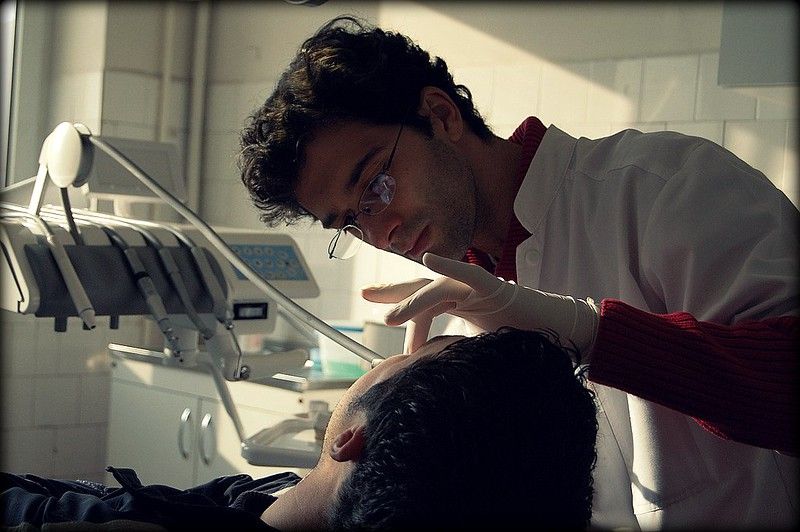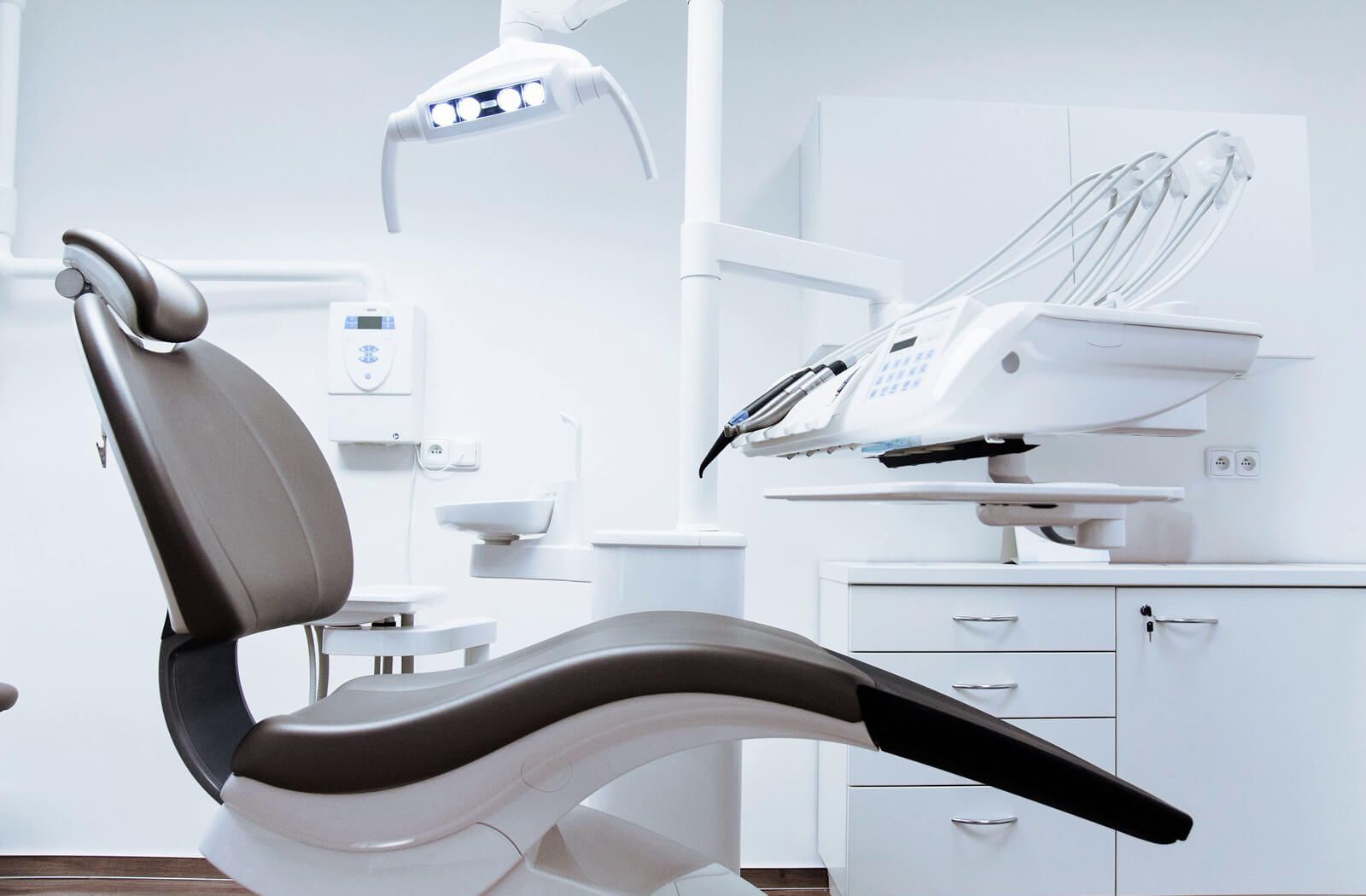What Is A Dentist Salary In Australia?
Let's look at a dentist salary in Australia at different points in their career and see how much dentists earn in Australia compared to similar professions.
Based on our survey of job advertisements for dentists over a 12 month period the average yearly salary for a dentist in Australia is $114328 AUD. This is equivalent to a monthly salary of $9527 AUD or an hourly rate of $59.50 AUD including a one hour paid lunch break.
This is an average. The range of dentists earnings are from $67358 AUD (the lowest) to $328009 AUD (the highest).
Factors which affect how much a dentist earns are number of years experience, geographical location, specialty and employed versus self employed.
Dentist Salary by Years Experience
The biggest increases in salary are seen in the early years of a dentists career when salary increments are quite rapid. As would be expected in any profession, more years experience equals higher pay. By the time a dentist passes the 10 year point, their salary will have doubled.
Table of salary by years experience:
1-2 Years Experience - Average Total Compensation $87k
2-5 Years Experience - Average Total Compensation $123k
5-10 Years Experience - Average Total Compensation $194k
10-15 Years Experience - Average Total Compensation $269k
15-20 Years Experience - Average Total Compensation $301k
20 Years Plus Experience - Avearge Total Compensation $322K
Dentist Salary By Geographical Location
The cities of Sydney, Adelaide, Perth and Brisbane are associated with higher average salaries, with Sydney being the highest paid. Dentists in Canberra, Wollongong and the Sunshine Coast have lower than average earnings.
Salary Differential By Location
Sydney +2.8%
Adelaide +2.1%
Perth +1.2%
Brisbane -0.1%
Canberra -0.98%
Wollongong -1.6%
Sunshine Coast -2.3%
Dentist Salary By Specialty
On average Public Health is the highest paid specialty in dentistry. Also highly paid are dentists with skills in composite fillings and oral surgery. Lower paid skills are prosthetics and orthodontics.
However it should be noted that the differences in salary between these specialties are relatively small with the maximum salary difference reported from the lowest paid specialty to the highest paid being only around $8k AUD per year.
Dentist Salary Compared To Other Health Professionals
Compared to other similar health professionals dentists are very well paid and beat average salaries for all other professions except doctors at all stages of their career.
Average Salary By Profession
Doctor $118669
Dentist $114328
Optometrist $112403
Veterinary Surgeon $89034
Physiotherapist $67201
Dental Hygienist $66718

How To Become A Dentist
Dentistry is a graduate entry profession. You are required to have a 5 year BDS degree (Bachelor of Dental Surgery) or a 4 year degree of Doctor in Dental Medicine which is a post graduate degree for people who have already completed an undergraduate degree in another discipline.
Entry to dentistry is highly competitive and usually requires ATAR scores of over 99.0 for school leavers.
For graduate entrants to the 4 year Doctor of Dental Medicine programs entry is usually on the basis of a combination of GPA from your prior degree and your GAMSAT score (Graduate Medical School Admissions Test).
Most programs set a minimum GPA of at least 5.0 though in practice a higher GPA is needed to be competitive. Lower GAMSAT scores are required than for entry to medicine, usually a score of 60 or above will suffice although acceptable scores are set by the dental schools every year and will vary.
The GAMSAT tests communication skills, knowledge and reasoning ability in both the humanities and sciences. Most candidates will invest in at least one Gamsat course to maximize their chances of success and help them with their Gamsat preparation.
Once your university training is complete you need to register with the Dental Board of Australia and complete some ongoing CPD (Continuous Professional Development).
Working As A Dentist
Compared to a doctor, dentists have quite a comfortable work environment and routine. The work is carried out sitting down and within regular office hours. There is no walking around large hospitals to visit patients on wards and no unsociable on call hours or overnight shifts.
Also, unlike doctors, dentists are not required to sit further difficult post graduate specialty exams as part of their training. Although they may choose to undergo further training in a particular area if so desired such as undertaking a further Graduate Diploma or Masters degree.
While working in any health care field can carry a degree of stress, medical emergencies are rare in the dental setting so being a dentist is also relatively stress free.
The work is stable and career progression steady and with it earnings. There is always demand for dentists.
Dentists work as part of a small team which usually includes a dental nurse who will assist you during your work, and there will be probably be a dental hygienist and dental therapist within the practice also. Of course in addition to these clinical roles every practice will have a receptionist whose duties are to receive patients, make appointments and so on. Large practices may also have a practice manager or administrator who takes care of the day to day running and business side of the practice.

Who Makes a Good Dentist
To be a good dentist you should be a person with an interest in people and particularly in oral health. You should have the ability to concentrate on fine work and small details. Remember that being a dentist is primarily a manual job requiring hands on contact, so you should have good manual dexterity and enjoy using tools. The squeamish or anyone afraid of blood need not apply.
Finally to reach the highest level of earnings a good business head will help. The dentists with the highest income are those who become partners in a practice or set up on their own in their own practice.
When this happens, in addition to your yearly salary you will be entitled to a share of the profits that your practice generates.
Dentists Job Satisfaction
On the whole job satisfaction among dentists is high. Dentistry frequently ranks highly in the lists of "best jobs" compiled by organizations such as the US News and World Report and in fact has frequently ranked at number one. Dentists with high job autonomy, ability to take independent decisions and freedom from administrative tasks reported the most job satisfaction.
People who enjoy interacting one on one with patients, and who enjoy the autonomy of working largely alone are likely to derive high satisfaction from the job.
Further Resources
For more help with GAMSAT check out Griffiths Gamsat Review Home Study System which takes you step by step through all three sections with advanced strategies for each.

